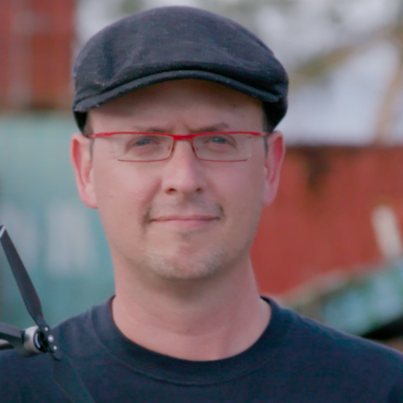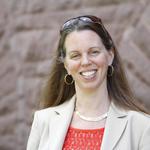
Speaker: Patrick Meier
WeRobotics
Digital Humanitarians: How You can Make a Difference during the Next Disaster
Talk Abstract
The overflow of information generated during disasters can be as paralyzing to humanitarian response as the lack of information. This flash flood of information -- often called Big Crisis Data -- comes in the form of social and mainstream media as well as aerial imagery and satellite imagery. Making sense of this data deluge is proving to be an impossible challenge for humanitarian organizations. This is precisely why they’re turning to Digital Humanitarians. Digital Humanitarians use crowdsourcing and artificial intelligence to make sense of this big crisis data. This talk will highlight real world examples of Digital Humanitarians in action from across the globe. It will also highlight the biggest challenges they face in crafting and using human and machine computing solutions to accelerate humanitarian efforts. Special emphasis will be placed on the challenge of analyzing aerial imagery captured by civilian drones during disasters as this is currently one of the main problems facing the humanitarian community. Members of the HCOMP and CI communities can play a pivotal role in helping humanitarian organizations accelerate their relief efforts worldwide. This talk will explain exactly how and will serve as a spring board for ongoing and future collaboration between HCOMP, CI and the humanitarian community.
Speaker Biography
Patrick Meier is an internationally recognized expert and consultant on Humanitarian Technology and Innovation. He serves as the Executive Director and Co-Founder of WeRobotics, which scales the positive impact of humanitarian aid, development and environmental projects through the use and localization of appropriate robotics solutions. His book, Digital Humanitarians, has been praised by Harvard, MIT, Stanford, Oxford, UN, Red Cross, World Bank, USAID and others. Over the past 15 years, Patrick has worked in the Sudan, Somalia, Kenya, Uganda, Liberia, India, Philippines, Kyrgyzstan, Nepal, Timor-Leste, Turkey, Morocco, Western Sahara, Haiti, Peru, Vanuatu, Fiji and Northern Ireland on a wide range of humanitarian projects with a number of international organizations including the United Nations, Red Cross and World Bank. More details on LinkedIn. In 2010, Patrick was publicly praised by Clinton for his pioneering digital humanitarian efforts, which he continues to this day. His work has been featured in the New York Times, Washington Post, Wall Street Journal, CNN, BBC, NBC, UK Guardian, The Economist, Forbes and Times Magazines, New Yorker, NPR, Newsweek, Wired, Mashable, TechCrunch, Fast Company, Nature, New Scientist, Scientific American and elsewhere. His influential and widely-read blog iRevolutions has received close to 2 million hits. Read more about Patrick at https://irevolutions.org/bio/.
